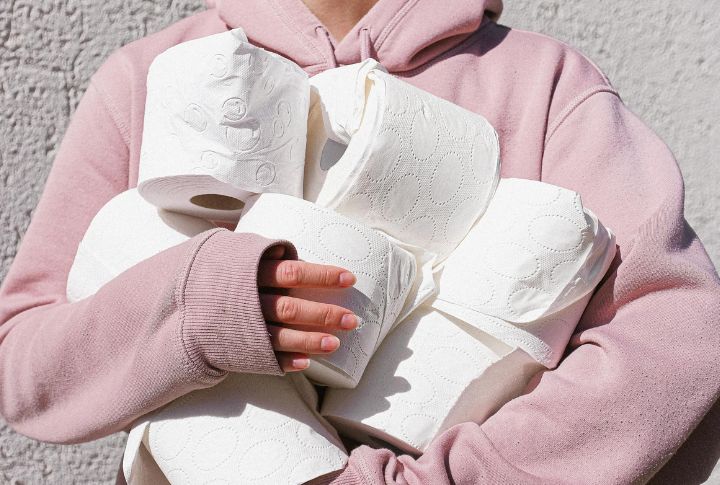
Most of us grew up thinking toilet paper was the only option. It feels ordinary, yet it carries hidden costs for the planet. Around the world, people are trying smarter solutions. Some rethink materials, others rethink the whole process. This article explores ten eco-friendly swaps that are changing how people stay clean while easing the pressure on the environment.
Bidet Systems
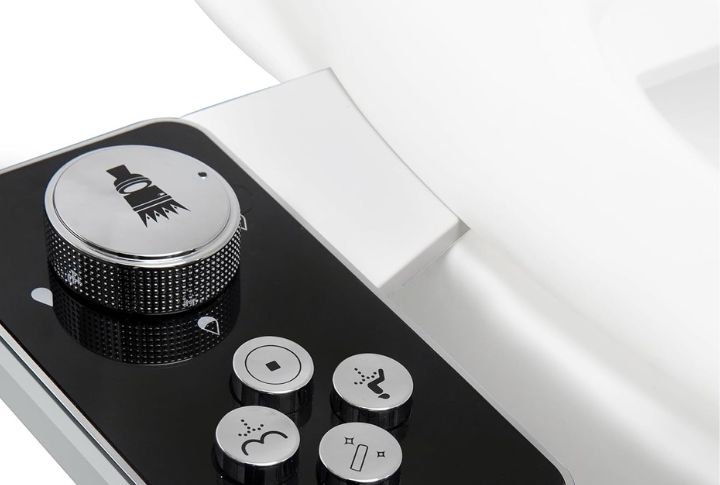
Standard toilets become eco-friendly fixtures through simple bidet attachment installation. These devices reduce paper consumption by 75% per household through efficient water-stream cleaning. At the same time, portable bidet options ensure consistent hygiene during travel without compromising environmental benefits.
Bamboo Toilet Paper
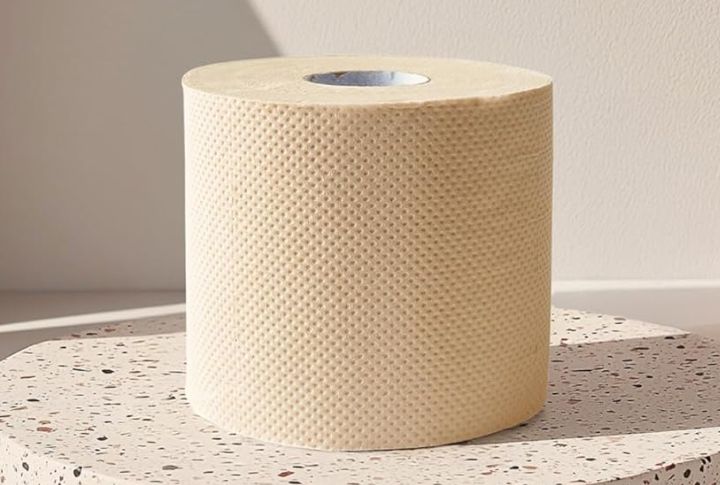
Smart manufacturers like PlantPaper have turned to bamboo for eco-friendly toilet paper production. This remarkable plant requires no pesticides and grows rapidly, while its processing demands less water than traditional methods. So, the resulting product proves both biodegradable and septic-system compatible.
Recycled Toilet Paper
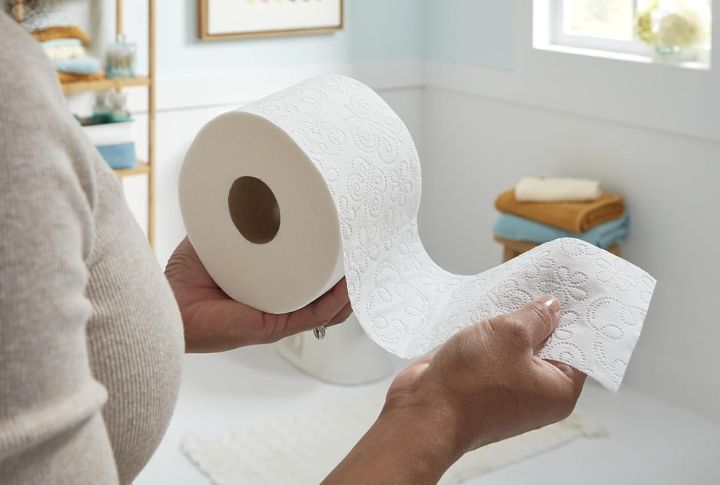
Recycled toilet paper uses post-consumer paper to reduce landfill waste and lessen demand for virgin wood pulp. Some varieties may still contain tree fibers or processing chemicals. Others are fully recycled, packaged without plastic, biodegradable, and designed to help conserve natural resources.
Compressed Toilet Paper Tablets
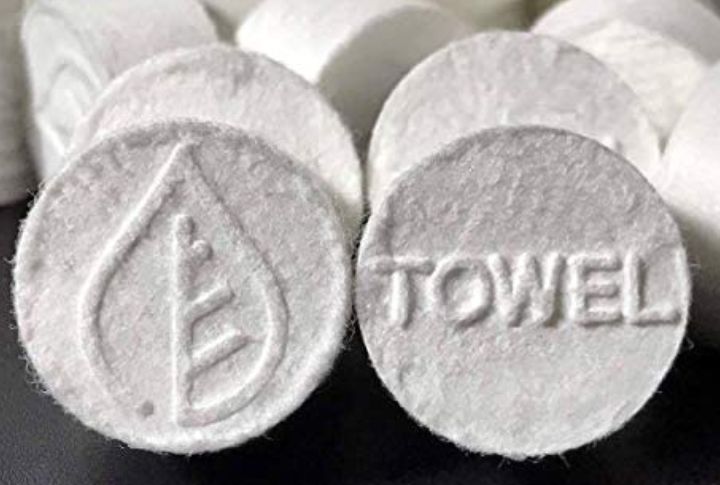
Travelers and outdoor enthusiasts have discovered a space-saving bathroom essential in compressed toilet paper tablets. The tiny squares expand instantly with water contact and minimize transportation impacts. Additionally, brands using recycled materials make these portable alternatives even more environmentally responsible.
Compostable Toilet Wipes
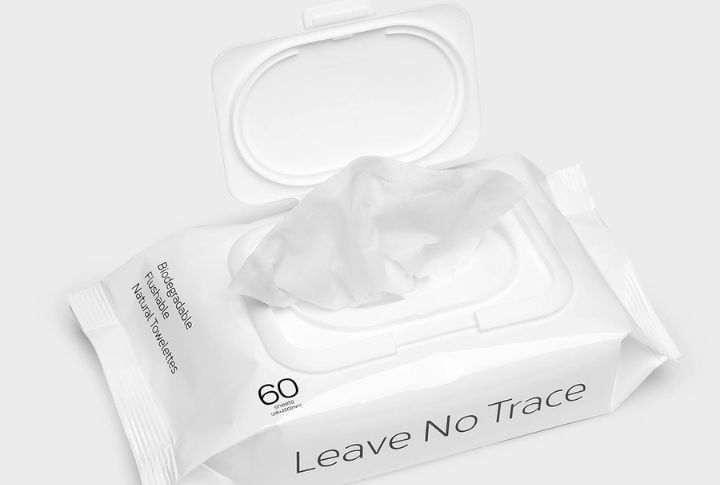
For off-grid or zero-waste households, compostable toilet wipes provide a straightforward alternative to conventional rolls. Some brands go further by offering biodegradable packaging, which further reduces plastic waste. Together, these choices lower your household’s environmental footprint while keeping daily routines both practical and convenient.
Reusable Cloth Wipes
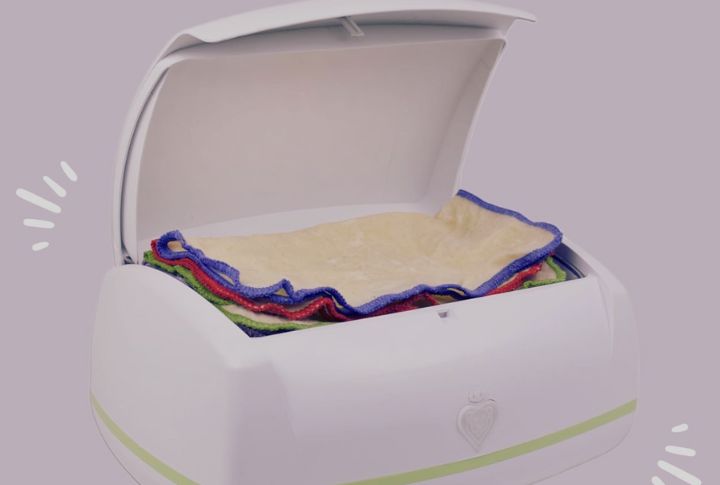
Reusable cloth wipes turn old towels and t-shirts into something useful again. Instead of adding to landfill waste, you wash and reuse them. Each time you swap a disposable roll for a reusable one, waste disappears a little faster—and your bathroom gains a splash of personality.
Sugarcane (Bagasse) Toilet Paper
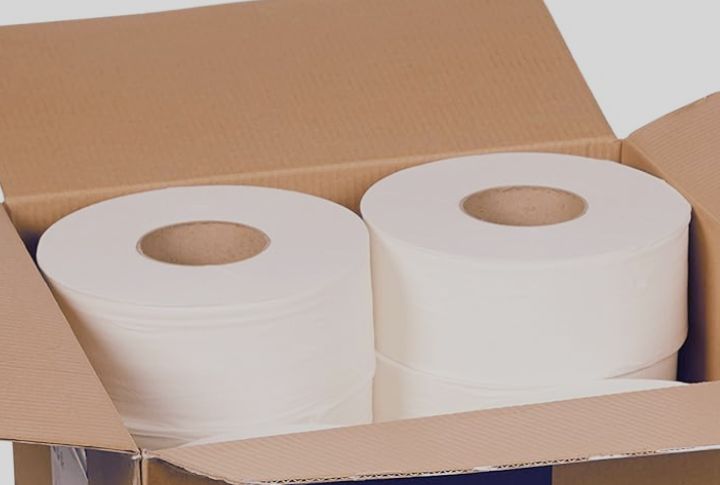
Sugarcane’s rapid 12-month regeneration cycle makes it ideal for sustainable paper production. Plus, the delicate, short fibers create remarkably gentle toilet paper, and the manufacturing process produces fewer carbon emissions than recycled alternatives. Beyond that, its quick biodegradability benefits waste systems.
Toilet-Integrated Wash/Dry Systems
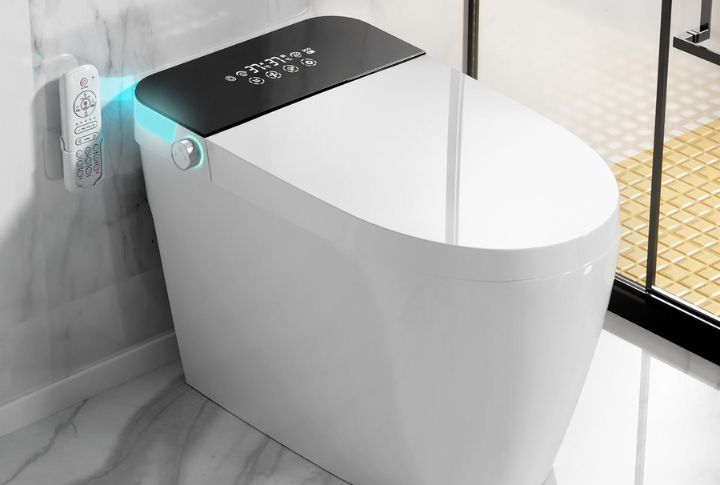
Water jets and air dryers work together in these advanced systems to make toilet paper obsolete. The technology includes self-cleaning nozzles and energy-efficient cycles, while heated seats offer personalized comfort. In turn, water usage drops from 37–50 gallons per paper roll to just 0.5–1.5 liters per wash.
Tree-Free Toilet Paper
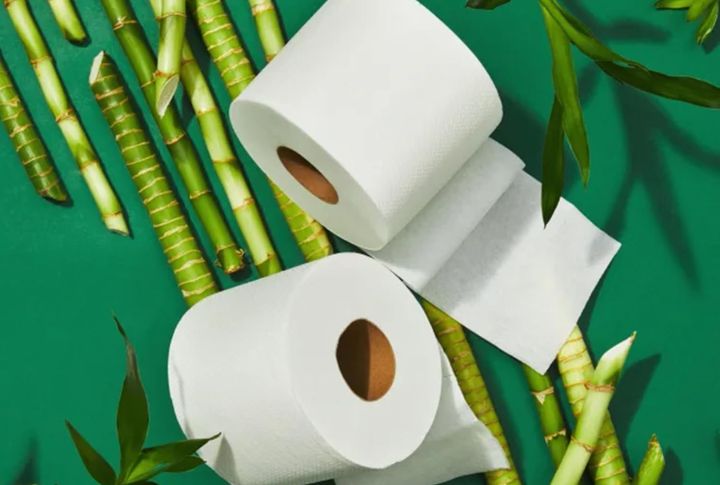
Toilet paper made from fast-growing crops or agricultural byproducts offers an alternative to wood pulp. These tree-free options avoid added dyes, fragrances, and intense bleaching, making them gentler for sensitive skin. And by using non-wood fibers, they also help reduce the ecological costs of traditional paper.
Hypoallergenic Organic Toilet Paper
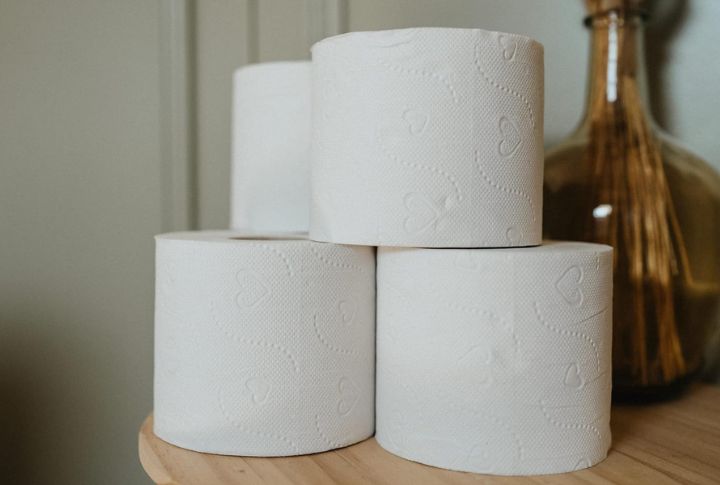
For people with sensitive skin, fragrance-free and chlorine-free toilet paper can reduce irritation compared to conventional rolls. Some brands even use sustainably grown plant fibers like bamboo or wheat straw to avoid harsh dyes and additives. Those options lessen chemical exposure while lowering the environmental costs of tree-based pulp.

